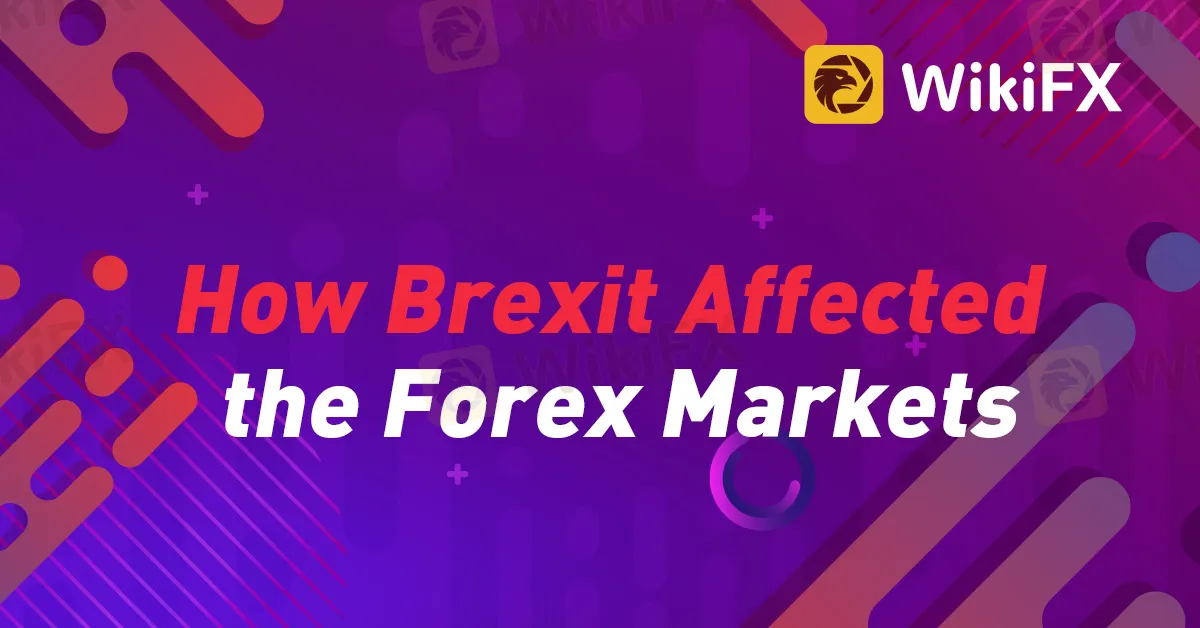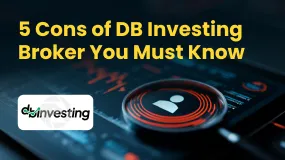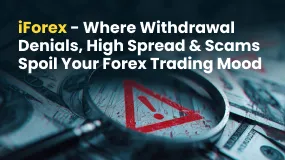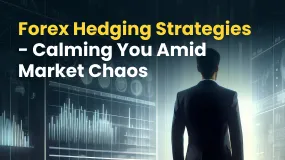简体中文
繁體中文
English
Pусский
日本語
ภาษาไทย
Tiếng Việt
Bahasa Indonesia
Español
हिन्दी
Filippiiniläinen
Français
Deutsch
Português
Türkçe
한국어
العربية
How Brexit Affected the Forex Markets
Abstract:The United Kingdom's decision to leave the European Union, commonly known as Brexit, had a profound impact on various industries, including the forex market. The uncertainty surrounding the negotiations and subsequent outcomes led to significant volatility and changes in currency valuations.

The United Kingdom's decision to leave the European Union, commonly known as Brexit, had a profound impact on various industries, including the forex market. The uncertainty surrounding the negotiations and subsequent outcomes led to significant volatility and changes in currency valuations.
Immediately following the Brexit referendum in 2016, the British pound (GBP) experienced sharp declines against major currencies such as the US dollar (USD) and the euro (EUR). The uncertainty surrounding the future relationship between the UK and the EU led to increased market volatility and a loss of investor confidence in the pound.
As negotiations progressed, the forex markets reacted to every development, with currency pairs involving the pound experiencing heightened volatility. Traders closely monitored political statements, economic indicators, and negotiation updates, adjusting their trading strategies accordingly.
Brexit also impacted the euro, especially for currencies closely tied to the EU economy. The euro experienced fluctuations as investors assessed the potential implications of Brexit on the European economy and the future stability of the EU. Currency pairs like EUR/GBP were particularly affected by Brexit-related news and market sentiment.
Moreover, regulatory changes accompanied Brexit. The UK's withdrawal from the EU resulted in the Financial Conduct Authority (FCA) taking over the regulation of the UK financial markets. These changes had implications for forex brokers operating in Europe, as they needed to adapt to new regulations and licensing requirements.
Navigating the forex markets during the Brexit period required careful analysis, risk management, and staying updated with the latest developments. Traders had to be prepared for sudden market movements and adjust their trading strategies accordingly.
As a trader, it is essential to access reliable information sources to stay informed about Brexit and its impact on the forex markets. WikiFX provides up-to-date news and analysis on market events, including the latest updates on Brexit and its implications for traders.

Disclaimer:
The views in this article only represent the author's personal views, and do not constitute investment advice on this platform. This platform does not guarantee the accuracy, completeness and timeliness of the information in the article, and will not be liable for any loss caused by the use of or reliance on the information in the article.
Read more

5 Cons of DB Investing Broker You Must Know
It's always advisable to read online review articles about forex brokers you are thinking to Invest your money with. The forex market has become increasingly unsafe due to the rise of fraudulent brokers. Review articles help you spot scam brokers and protect your money. Read this important article about DB Investing to stay fraud alert.

iForex - Where Withdrawal Denials, High Spread & Scams Spoil Your Forex Trading Mood
Are high spreads charged by iForex disallowing you to make profits? Do you feel that you will never be able to withdraw from iForex? It's nothing new! Read this exposure story where we have highlighted complaints from several investors.

Forex Hedging Strategies - Calming You Amid Market Chaos
Finding it hard to deal with the forex market volatility? Do those ups and downs in currency pair prices make you more nervous or worried? You need the right forex hedging strategies. As a concept, forex hedging is about strategically opening additional positions to stay immune against adverse forex price movements. It’s about offsetting or balancing your current positions by buying or selling financial instruments. As a trader, your risk exposure is reduced, hence limiting your potential losses.

Scam Alert: Cloned Broker Scams on the Rise
Reputed authorities like the FCA have issued warnings against brokers who act genuine but are actually fake brokers. They copy details such as logos, names, branding, and sometimes even employee appearances to trick investors and steal money from them.
WikiFX Broker
Latest News
What Is Forex Currency Trading? Explained Simply
LSEG Announces £1 Billion Share Buyback Program
Ultima Markets enters the UK and gains the FCA license
SEC Lawsuit Targets Real Estate Fraud Scheme by Joseph Nantomah
A Beginner’s Guide to Trading Forex During News Releases
Forex Hedging Strategies - Calming You Amid Market Chaos
ASIC Regulated Forex Brokers: Why Licensing Still Matters in 2025
Key Events This Week: ISM, Trade Balance And More Earnings
SkyLine Judge Community: Appreciation Dinner Successfully Held in Malaysia
Think Uncle Sam Owes $37 Trillion? It's Far Worse Than That
Currency Calculator


